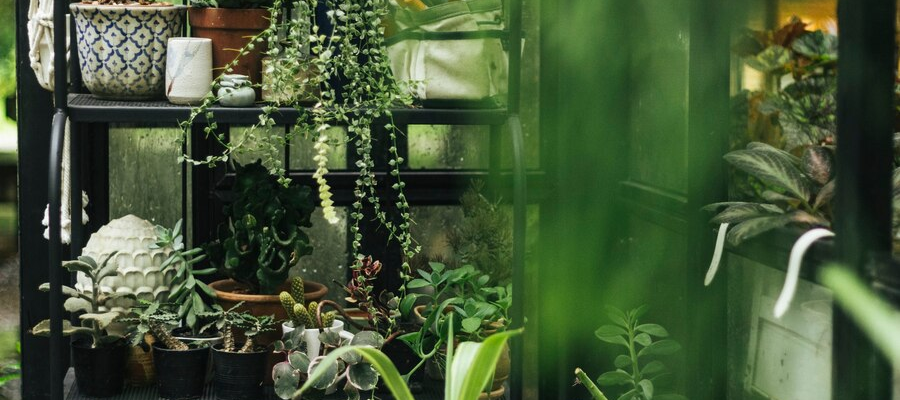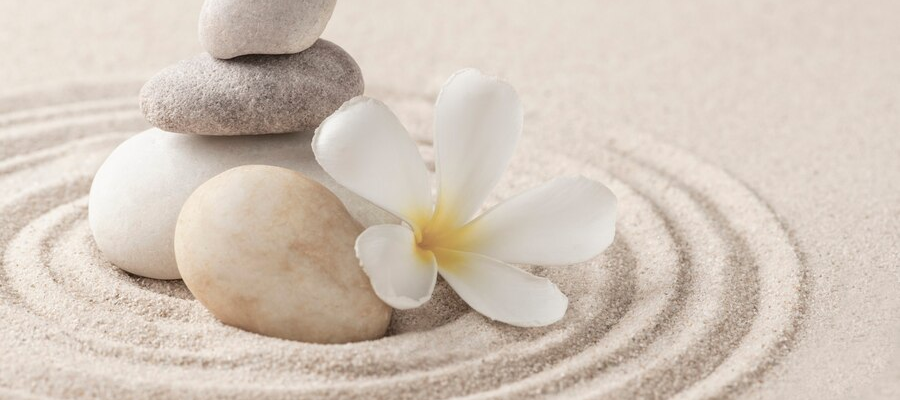Perspectives Of Body Piercing – Styling And Freedom Of Expression
Body piercing, an art and a profound form of self-expression is not just a fashion statement in modern society. It’s a versatile fashion that allows individuals to express their unique style and personality. From the subtle elegance of dainty studs to the striking allure of statement pieces, there’s a piercing that suits every style. In Indian culture, body piercing, particularly of the ears and nose, is a long-standing tradition, a way of showcasing our beauty. In the modern fashion world, body piercing offers endless possibilities. It’s a fashion statement and a journey of self-discovery and empowerment. Stalked Lobe Piercing Many of you may have an idea about stalked lobe piercing. Multiple piercings on your lobes can look even more stylish and unique. The varying layers and heights create an eye-catching and trendy effect. In short, it is an elegant modification of the traditional ear piercing that creates a stalked or layered effect. You can style them with different types of earrings, such as hoops, studs, and ear cuffs, and mix and match them. Septum Piercing Septum piercing is not a new thing in many cultures. But in the modern fashion world, it has gained popularity because of its boldness and versatility as body adornments. Placed through the thin strip of skin between the nostrils, this piercing offers a striking aesthetic and allows for a wide range of jewellery options. The septum piercing becomes more creative and attractive using thin rings or heavy stone ornaments. You can also wear multiple layers. The septum piercing is a captivating way to adorn and accentuate your facial features. There are different styling techniques regarding septum piercing. Eyebrow Piercing You can customise eyebrow piercing according to your preferences. Usually, it is done vertically. From simple curved barbells to more elaborate designs featuring gemstones, spikes, or charms, eyebrow piercings offer versatility in styling. Beyond the aesthetic appeal, such body adornments convey a sense of freedom, confidence, and rebellion. Belly Button Piercing The most stylish and attention-grabbing form of body piercing is, again, on-trend: the belly button piercing. Placed through the skin around the navel, this piercing offers a subtle yet alluring way to accentuate the midriff area. Traditional and curved barbells, rings, dangling charms, gemstones, etc., are the cute ornaments commonly used for naval embellishments. Lip Piercing Lip piercings offer a bold and expressive way to adorn the face, adding a touch of edginess and personality to one’s appearance. Positioned anywhere on the lips or surrounding area, lip piercings come in various styles, each with a unique aesthetic. Common types include labret piercings (placed below the bottom lip), Monroe piercings (on the upper lip resembling Marilyn Monroe’s beauty spot), and snake bites (paired piercings on either side of the lower lip). 1Share









